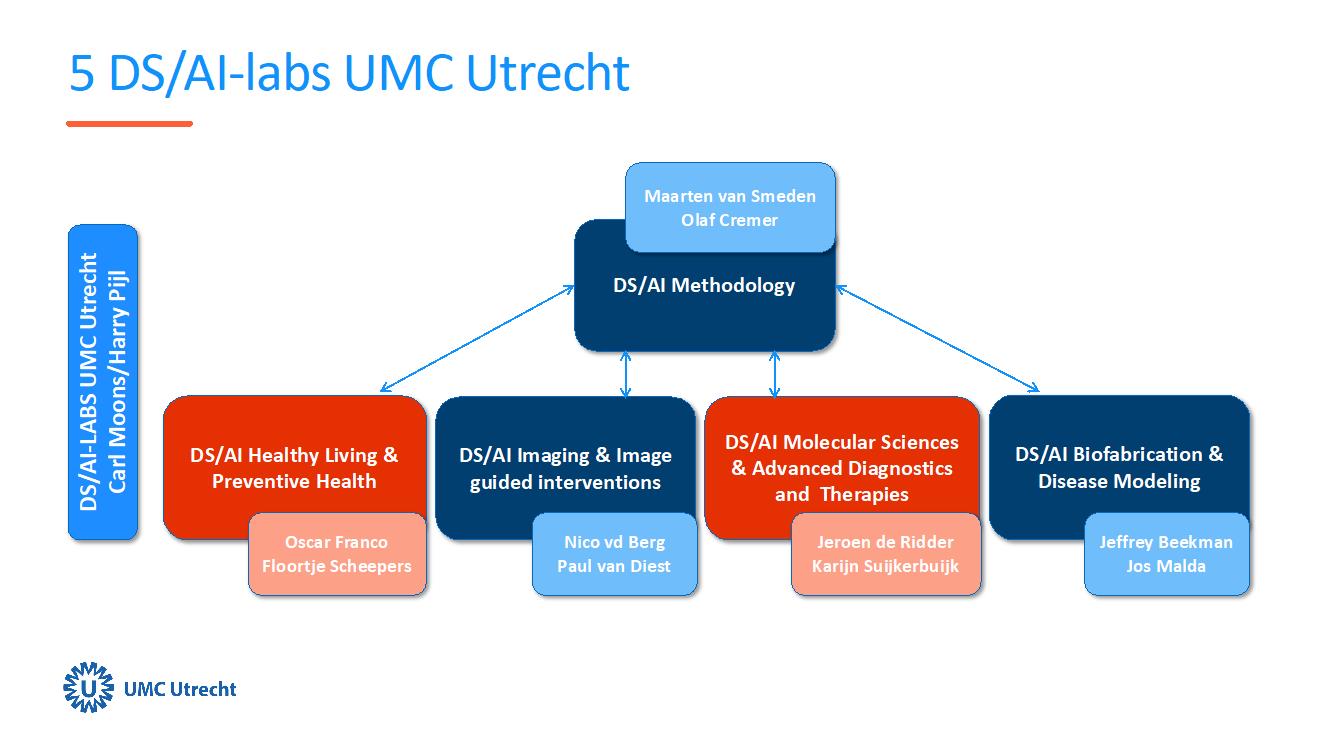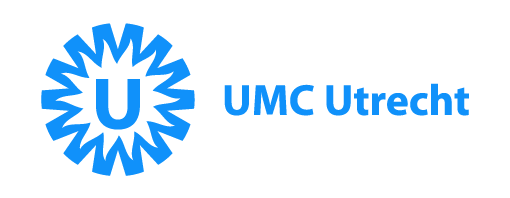Introduction
Data Sciences (DS), including Artificial Intelligence (AI) and Machine Learning (ML), is a system technology that will fundamentally change the entire society (according to the Dutch WRR), including the health sector. DS/AI will soon become an integral part of our health care, research, and education. They will provide support in day-to-day health(care) processes, regarding diagnosis, prognosis, prevention, treatment, monitoring and screening of our patients and citizens. Data science will undoubtedly become a major focus of our health(care) research and education for the next decades. For the UMC Utrecht, this means that the way of working in health care, research and education will fundamentally change. The implementation of DS/AI/ML technology will have an impact on everyone: patients, citizens, employees, and students. In addition, people and machines now generate such large volumes of health-related data that we are no longer able to easily process and interpret all that data. DS make this more possible and ensures that data, in the broadest sense of the word, is effectively (re)used and deployed in our health research, daily care, innovations, and education.
Issue
There is a multitude of initiatives in the field of DS and AI at the UMC Utrecht. UMC Utrecht has the ambition to become a leading expertise and research center for DS/AI in health, both nationally and internationally, and wants to develop long-term collaborations with both private and public institutes in this area. DS/AI activities are developed in almost all Strategic Themes, Divisions and Departments of the UMCU. Much of that DS/AI expertise and knowledge is overlapping. The existing DS/AI expertise in the UMCU can therefore more efficiently and cost-effectively deployed. The ambition is to bring more focus to the UMCU’s DS/AI research to realize the ambitions of the UMC Utrecht. This requires a sustainable DS/AI infrastructure with matching financing model. Clearly recognizable DS/AI focus areas within the UMCU and UU are important to establish long-term collaborations with national and international private and public parties. In addition to focusing on defining a distinctive ‘DS/AI in Health’ agenda, there is specific attention for widescale cooperation in DS/AI research across UMCU Divisions, Departments and Strategic Themes. Partners from the Utrecht Science Park (UU, GSLS), the EWUU alliance, the NLAIC, ROM and national stakeholders (including VWS, ZiN, and health insurers) will be explicitly connected to set up a sustainable Utrecht DS/AI in Health infrastructure.

Goals
The UMC Utrecht DS/AI program will focus on a number of specific topics, including:
- within 10 years DS/AI has become a system technology embedded in our daily health care, research and education, at the UMC Utrecht, the UU and her regional, national and international partners;
- setting up a sustainable collaborative UMC Utrecht-UU DS/AI in Health community, including a sustainable financial model;
- setting up five Health AI labs at the UMC Utrecht and on the UU campus, within the Utrecht Life Sciences community (see figure);
- attracting and retaining DS/AI talent;
- connection to and coordination with comparable initiatives on the campus (ULS/UU), the EWUU Alliance, the Region (Health Hub Utrecht, ROM, private partners), and nationally (NLAIC, VWS);
- acquiring DS/AI research funding from external initiatives, and from public and private parties.
The 5 ULS AI labs were recently launched at UMC Utrecht (see figure). This has created an explicit focus, with particular attention to the UMC Utrecht strategy and direct links with the 5 ULS communities. The UMC Utrecht AI Labs will also become the 5-health care and prevention-oriented UU AI Labs.

